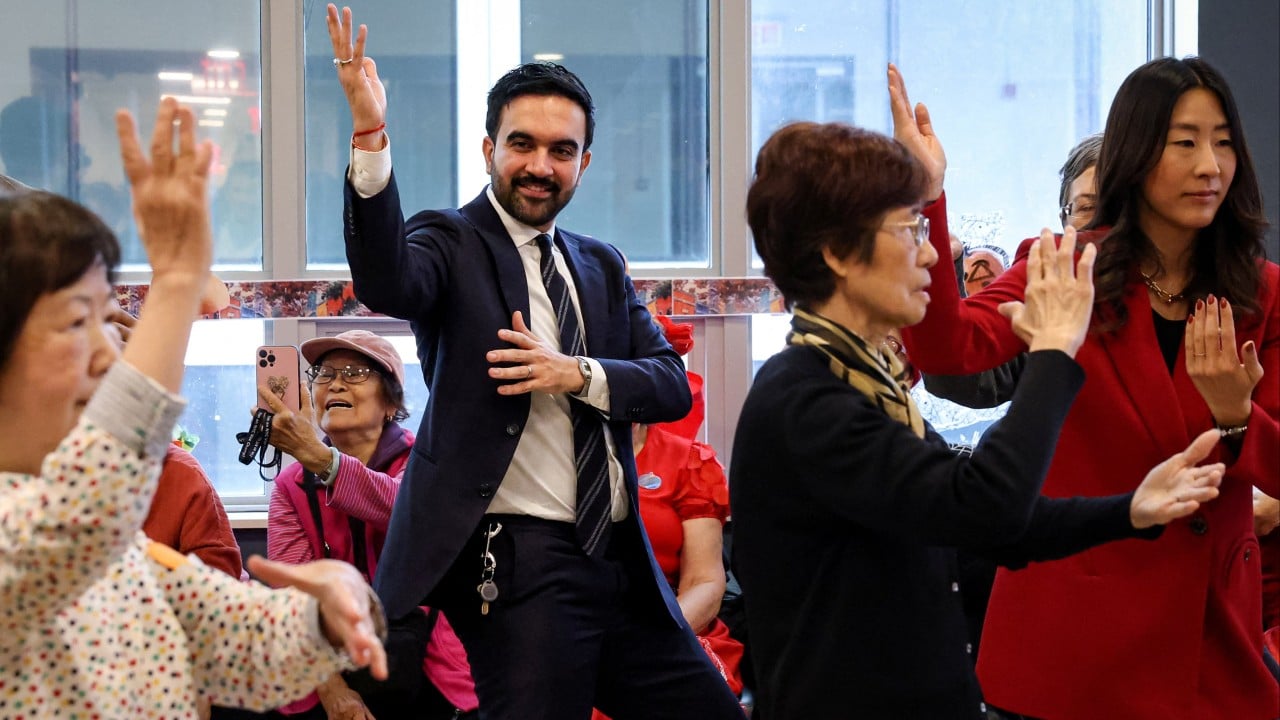
Critics have labelled him a communist and portrayed his political programme as a radical departure from the American mainstream. Meanwhile, supporters view his victory as a sign of a generational shift – a growing impatience with the inequalities present in many areas.
However, viewing Mamdani’s victory in isolation ignores the broader social and economic factors involved. His success, according to US media polling reports, was driven by strong support among voters aged 18 to 44 and among communities of colour. His victory reflects nationwide unease rather than just a local trend.
More broadly, it reflects a widespread desire for fairer systems to tackle challenges that are neither new nor unique to the US: stagnant wages, unaffordable housing and rising inequality. These same issues resonate across major cities, from London to Seoul, prompting many observers to revisit how markets, governments and social structures impact the lives of citizens.
In the US, the debate over “democratic socialism” is often muddled by attempts to equate it with 20th century command economies. To some, Mamdani’s call to reform triggers old anxieties about excessive government control and expanding bureaucracy.
However, the model that has arguably most influenced Mamdani is inspired by social democracies like Denmark or Sweden, which blend competitive markets with extensive welfare systems. Their approach emphasises inclusion without sacrificing efficiency, aiming to ensure that prosperity supports broader social goals.


